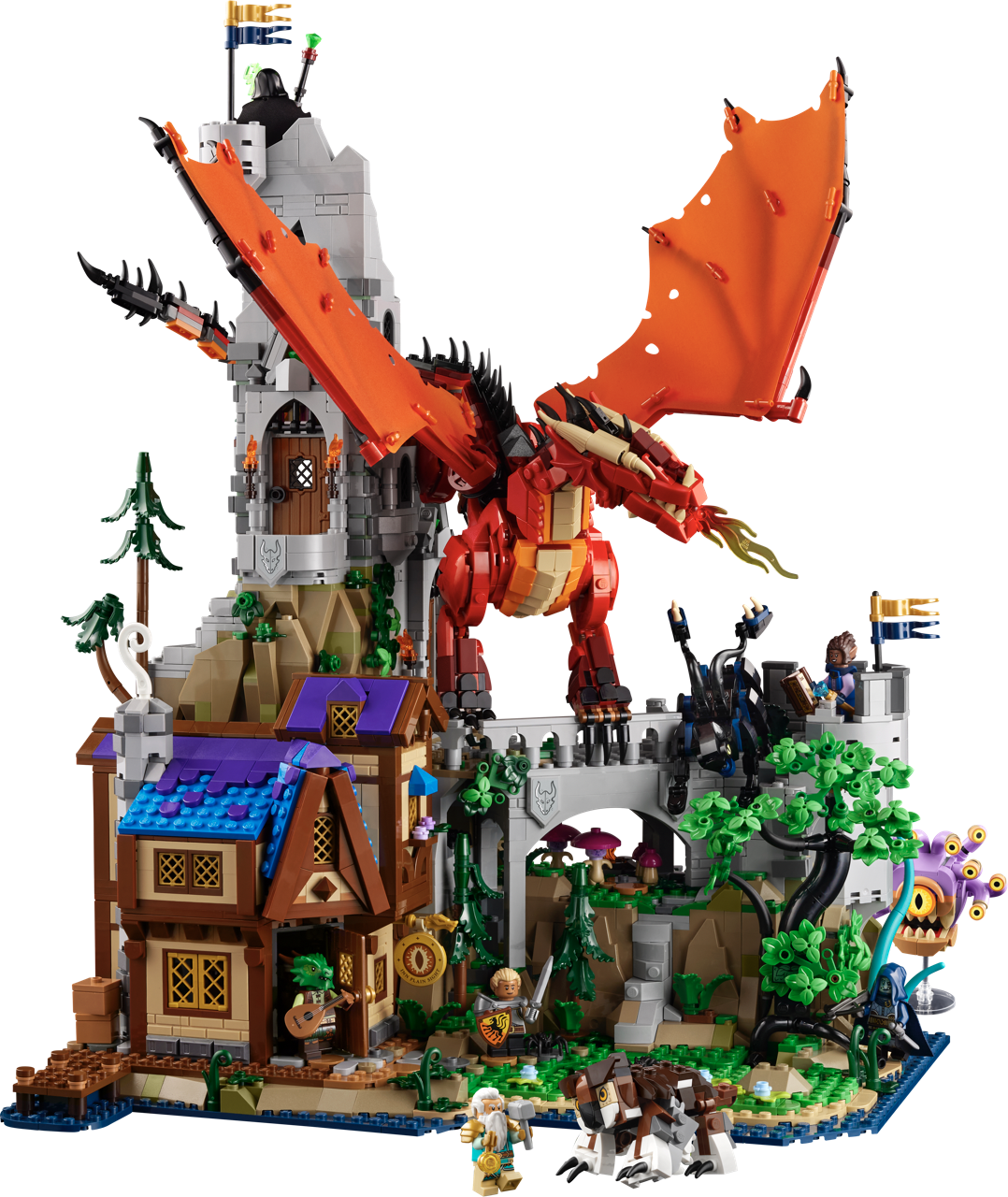20 October 2024
|
Mae Funnell takes us through why parents shouldn’t sleep on the benefits of roleplaying for their children.
Wait, is D&D for kids? Definitely! The Dungeons & Dragons age rating is 6 years+ and long before Stranger Things, kids & teens have been sitting down, working together to tell stories and explore fantasy worlds. My son found a love for RPGs at the junior RPG table at UKGE at the age of nine and since then, he’s played D&D regularly, immersing himself in the magic and causing a little bit of chaos along the way. Seeing how it has benefited him has given me a whole load of reasons I’d recommend the game to other children – though adults can easily benefit from the same!
![]()
Teamwork
D&D is an incredibly social game, adventuring with your ‘party’ and collaboratively solving inevitable disagreements and problems you come across as a team (and learning failure in a safe environment). To give an example, I remember overhearing a time an unknown monster was headed towards my son’s party in a tunnel. His response was to dig a hole to hide in, which turned into a full debate. How fast can someone dig a hole their own size? What if he had a shovel? Where did you get a shovel? You said I could start with any item and I knew a shovel would come in handy! You’ve been carrying that shovel for over a year!
The hole was dug, and everyone cheered...Only to be reminded that the monster was still coming and now one of them was in a hole. They may not have solved the monster problem but they worked ridiculously well together to come up with creative solutions to help one another, and undoubtedly they’ll delight in the fun memory.
Related article: Roleplaying games for kids
Maths Skills
Who doesn’t want their kids to choose educational extracurricular activities voluntarily? The maths and reading involved in playing D&D offers just that. Calculating multiple D20 dice rolls, or weighing up the probability of potential damage, understanding that attacking with one spell has a higher chance of hitting than another. These help to build fundamental skills, which have been documented in research.

Social and Emotional Learning
There’s a lot of learning to be had, especially empathy, with playing as different characters and having different experiences, as well as considering other players needs and the impact this has on you. These essential skills can be transferred to day-to-day life, in the classroom or even optimistically with siblings at home, and help with the ability to make friends.
Listening & Communicating skills
So much of the game is verbal and needing to pay attention and keep track of turns and their own character details is essential to be able to play. As is the need to effectively communicate their actions, it can vastly improve their confidence, help their self-management and potentially lead to them being more organised.
Socialising
Socialising can be hard at the best of times but having a literal ruleset and framework on how to interact and knowing what’s expected of them is extremely helpful – especially, but not limited to neurodiverse kids. RPGs offer a framework and an opportunity to practice social rules that may not come naturally, like taking it in turns, and hearing all voices at the table.
Related article: For something a little different, how about D&D Where's Wally?








